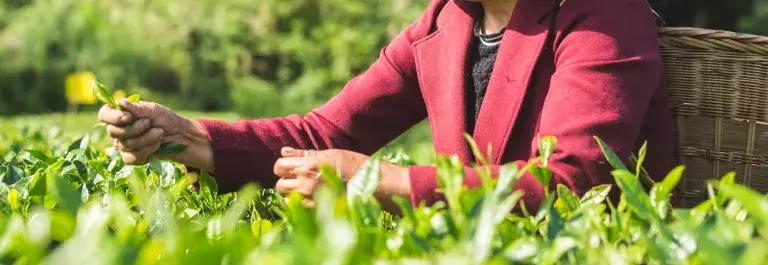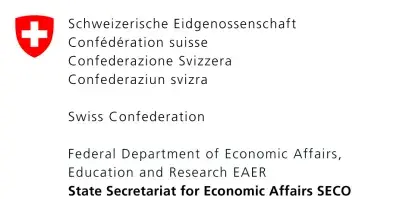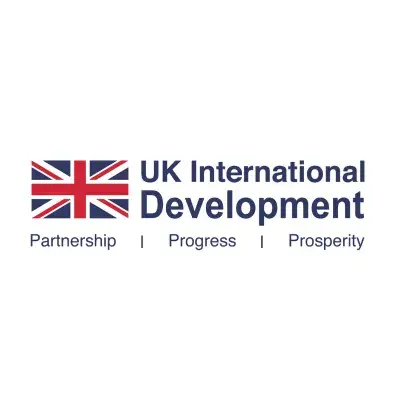Identifying and assessing risk is critical to human rights due diligence and credible sustainability systems. Yet such data is often limited – including for botanicals used in cosmetics, food and beverages – and rarely reaches local suppliers who face growing pressure to mitigate and report on these risks, at their own cost.
UEBT aim to “flip” these power dynamics, enabling local botanical companies to access, assess, and share human rights risk information relevant to their sourcing contexts. Building on their previous work, the project will enhance UEBT’s existing due diligence and risk tools with spatially explicit human rights indicators and a self-assessment module piloted across three regions.
By shifting power and visibility to suppliers, the project seeks to make human rights due diligence more equitable, data-driven, and effective – future-proofing sustainability systems for growing regulatory and ethical demands.


